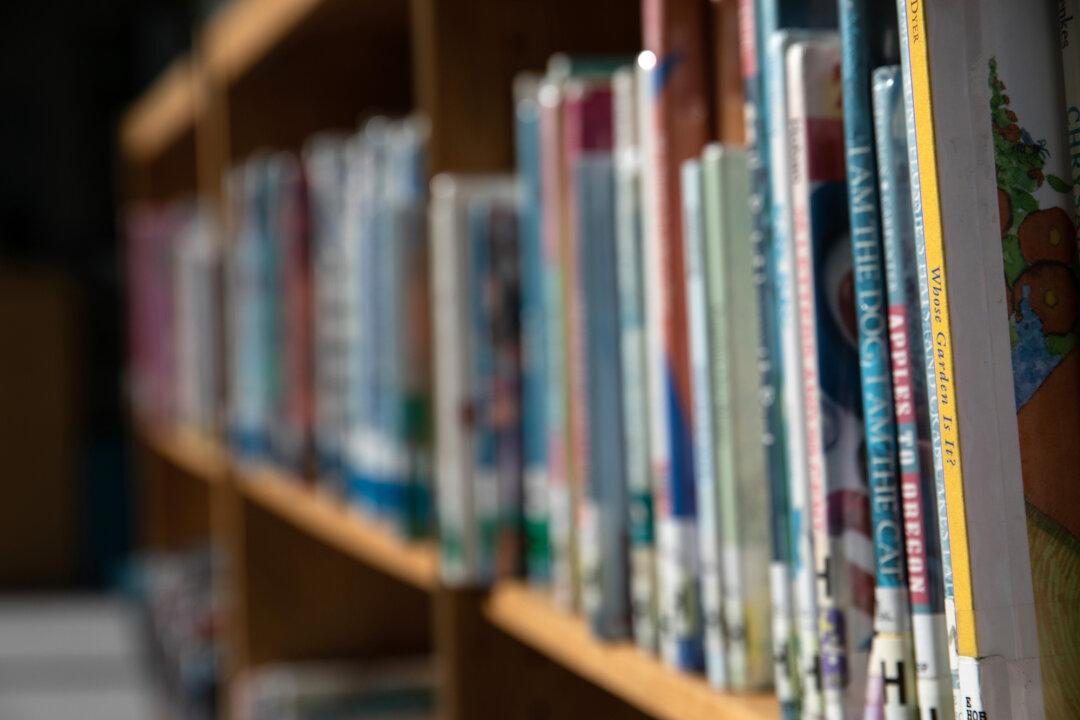Books containing extremely graphic sex scenes and pictures were returned to a Virginia school library last week.
The books—“Gender Queer: A Memoir” by Maia Kobabe, and “Lawn Boy” by Jonathan Evison—are among many books containing sexual content that have been banned from school libraries in several states, including Arkansas, Pennsylvania, Iowa, Missouri, Tennessee, and Minnesota.




